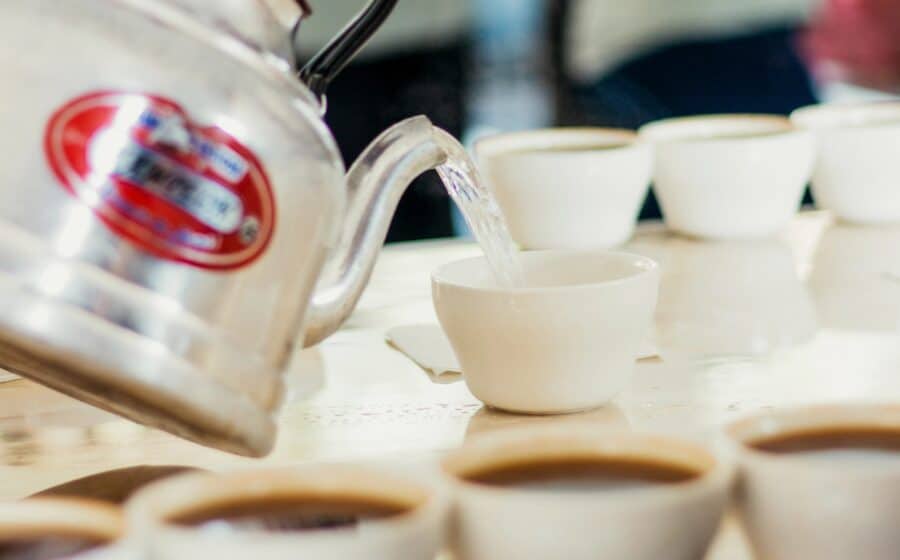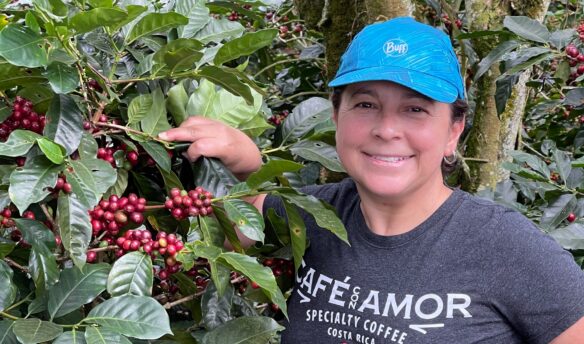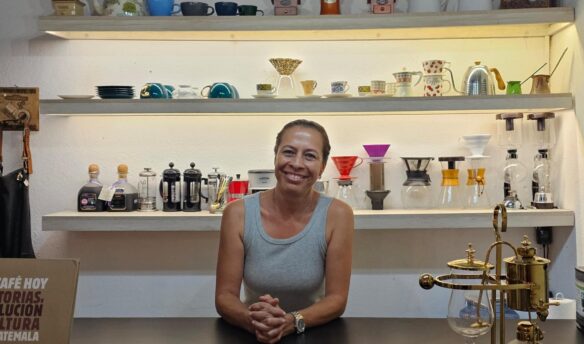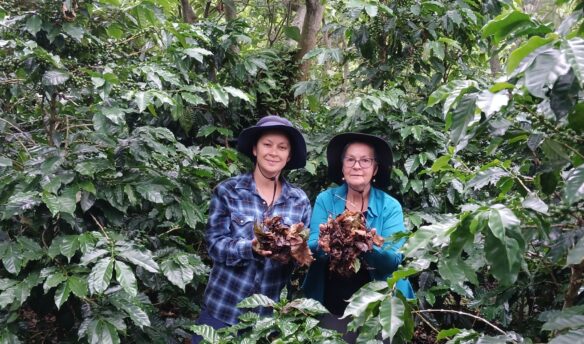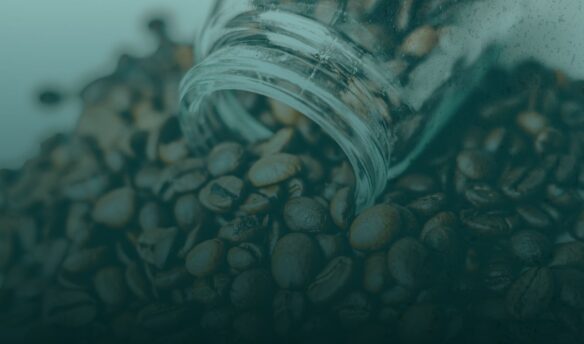In Bolivia, coffee has evolved in fits and bursts. Coffee requires more time and resources than its main agricultural competitor, coca, a plant native to the Andean altiplano, a region that encompasses southwestern Bolivia noted for its high elevation. Throughout the 1900s, several sweeping government programs aimed to incentivize coffee growing in an attempt to get farmers to switch away from coca. But a lack of funding and inconsistent implementation meant that none of these programs had any lasting impact—until quality-focused competitions arrived on the scene at the turn of the 21st century.
This new wave of Bolivia’s coffee evolution began with the Cup of Excellence (COE), a competition and auction hosted by the Alliance for Coffee Excellence (ACE) first held in the country in 2004 with support from the United States Agency for International Development. In 2009, the event went on hiatus, but in 2015, coffee professionals appealed to the government and secured funding for a new national cup quality competition. It was known first as Taza Presidente Evo Morales Ayma but soon changed to just Taza Presidencial.
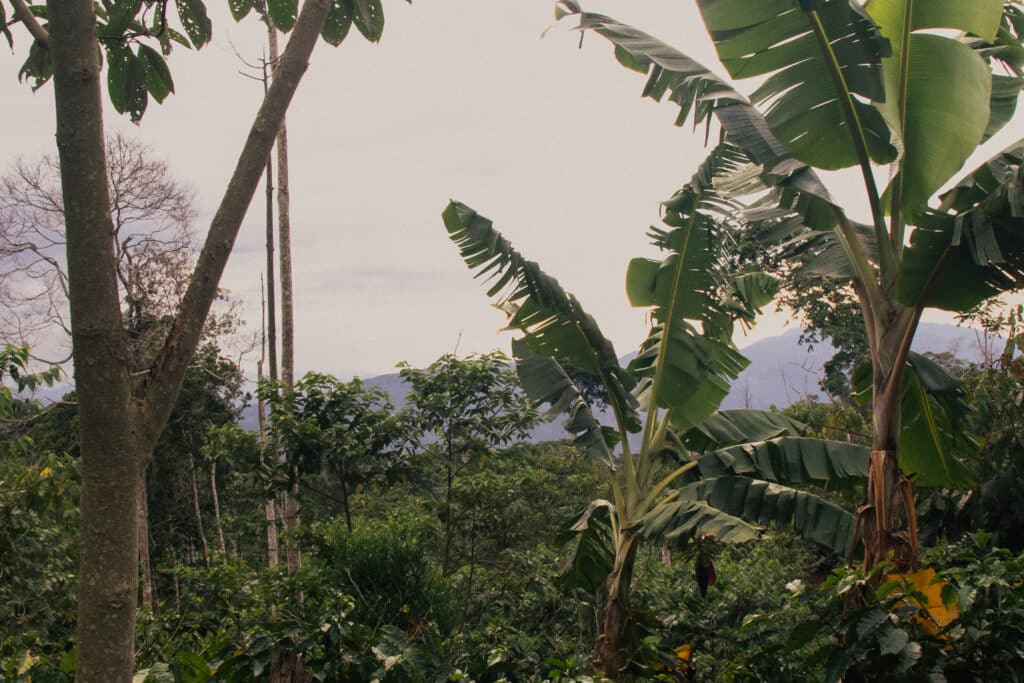
But in 2022, government funding for the project ran out. Rather than let the project die, Bolivian coffee professionals are banding together to create a new iteration of Taza Presidencial—one that is more sustainable and represents Bolivian coffee producers.
Establishing a National Cup Quality Competition
Quality-focused coffee competitions have made a huge difference in Bolivia, starting with the Cup of Excellence. After the event went on hiatus, local coffee professionals were able to get funding to support a new competition—what would become Taza Presidencial—through Bolivia’s National Coffee Program, a government program designed to fund local coffee initiatives.
The program, which ran from 2016 to 2022, supported not only Taza Presidencial, but delivered young coffee plants to farmers and offered training to professionals across the supply chain. Despite constant logistical issues and the tangles of government bureaucracy, the National Coffee Program produced significant growth for the country’s coffee sector, both in terms of green coffee production and retail cafés.
The Taza Presidencial cupping competition was modeled closely off of Cup Of Excellence. Judges use the COE cupping form throughout three stages of competition: In the “elimination round,” coffees are evaluated on a pass/fail basis to confirm there are no defects (sometimes referred to as a clean cup). In the second round, also known as the “national round,” Bolivian cuppers rank coffees according to cupping score, whittling entries down to around 40 lots.
In the final round, known as the “international round,” coffee professionals from around the world participate in determining the top ten winners of that year, including the highly anticipated “Taza Presidencial” or “Presidential Cup,” a title given to the top-rated coffee that scores above 90 points.
Soon after the competition, a virtual auction is held, featuring the coffees that received scores above 86 points—usually between 20 and 25 lots. From 2015 to 2022, the Taza Presidencial was hosted in a different producing region of Bolivia, including Caranavi, Cochabamba, and Santa Cruz, featuring as many as 150 coffee entries and supported by both federal and local governments.
Keeping The Taza Presidencial Alive
Felix Chambi Garcia is a third-generation coffee producer who has been involved in the specialty coffee movement since before 2001. Chambi operates Lata 16, a lab designed to improve coffee quality in Bolivia. Lata 16 was born out of the need to more carefully evaluate coffee quality for the members of Cooperativa San Juan, a producing group in Caranavi whose members include Chambi and his family. Over the years, the lab has increasingly worked with coffee producers to evaluate quality on their farms and clocked in more than 3,000 sample evaluations in 2022.
Recently, Lata 16 became the first certified Q Venue in Bolivia, meaning they have the equipment and authorization to host CQI courses like the Q Combo Course & Exam. “This will help us continue defining specialty coffee here,” he says of the lab. “We no longer have to search out quality evaluators; we have them here.”
Chambi was intimately involved in the COE competitions in the early 2000s, roasting samples and volunteering with the organization. He was also part of the team that hosted a “coffee salon” for Bolivia’s then-president Evo Morales, inspiring the project that would eventually fund the Taza Presidencial. Now, he’s working with a coalition of coffee professionals and seeking private funding to keep the competition alive.
We’re looking to show our product, our coffee, through the Taza Presidencial. We want people to see that we are organizing our own event and that we can promote our own coffee. Felix Chambi Garcia
“That’s what we’re working on—trying to figure out how to organize this competition with support from the private sector so that we can make sure the competition survives.” Chambi feels the Taza Presidencial has succeeded in attracting international buyers to try Bolivia’s highest-quality coffees.
The Taza Presidencial has gotten very competitive, and the auction following the event even more so. Like many coffee auctions, the event is held virtually so buyers worldwide can participate. At least once, a bidding war has forced organizers to extend the hours of the auction to allow buyers to continue raising prices. In 2020, the competition broke all previous competition records by selling the winning coffee, a gesha from La Paz, for $160 per pound.
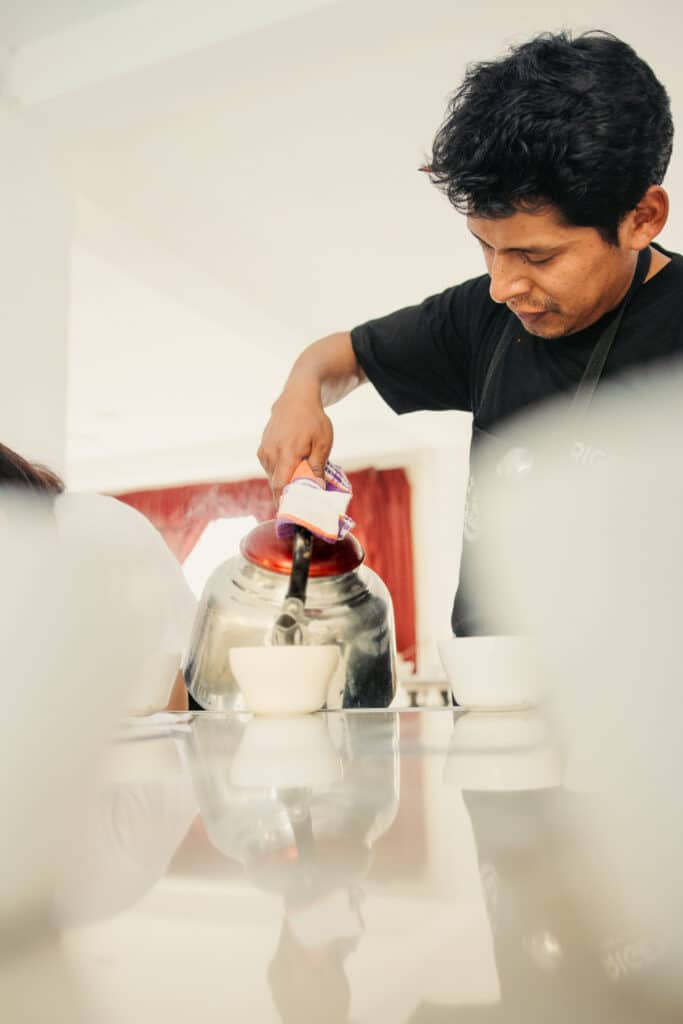
The impact of Taza Presidencial has rippled outward and impacted other parts of Bolivia’s coffee industry. In 2016, Bolivia saw its first formal barista training. “We recognized that if we’re investing in coffee, we have to invest in baristas, too,” says Chambi. “The idea is that if we have highly-trained baristas, they can promote the coffee, and we have seen a significant increase in consumption of specialty coffee right here in Bolivia.”
Growing Beyond Government Support
Government funding for the Taza Presidencial ended in 2022. Now that the project is in the hands of Bolivian coffee professionals like Chambi, the group is determined to make organizational improvements and increase incentives for producers. One of the changes the group plans to make is to align Taza Presidencial more closely with national coffee competitions by conferring the title of National Producer Champion to the winner.
“We were talking about it and figured if there’s a national barista champion, a national roasting champion, why not a national producer champion?” says Chambi. Along with the title, the first-place winner will win an international trip to the US or another consuming country.
According to Chambi, the new organizers are also dedicated to making the event more economically sustainable. They anticipate needing around $50,000 in upfront costs to run this event, and the lack of government funds is forcing them to hone in on the weak points of the competition.
One notable change will be the rules around microlot eligibility. Previously, there were no requirements around the volume of coffee a producer could submit, and in some cases, winning lots constituted less than a full 60 kg bag of coffee. Organizers are committed to implementing lot size minimums. “We can’t continue to invest so much in logistics and planning for just one bag of winning coffee. We’re trying to cut costs and increase profitability; by increasing the minimum lot size, we can increase the total volume of coffee sold,” Chambi says.
So far, there are just three confirmed organizers for this event: FECAFEB, a producer organization in Bolivia; local coffee chain Typica; and Chambi’s Lata 16. The government hasn’t abandoned the project entirely, though: while the pre-selection rounds will all take place in Chambi’s lab in La Paz, the national and international judging rounds will be hosted at the Center for Technological Innovation in Coffee, a new state-of-the-art facility finished in May 2023 in Caranavi, where the vast majority of Bolivia’s coffee is produced.
Details are still being ironed out for this year’s event, but the international round is set to take place November 23-25, 2023, with the auction scheduled for December 12-14.
Despite the challenges ahead, Chambi is excited about the potential this new iteration of the Taza Presidencial can hold. “We’re looking to show our product, our coffee, through the Taza Presidencial. We want people to see that we are organizing our own event and that we can promote our own coffee. We are a small country in terms of production, but in recent years, we’ve seen a significant increase in demand,” he says.
Chambi also believes the Taza Presidencial can help usher in and spotlight young, up-and-coming farmers looking to make a name for themselves. “The new generation of coffee farmers that we’re seeing are young, and they are totally invested in producing high-quality coffee; I think it’s time for us to show this new image of the Bolivian coffee professional.”
Photos courtesy of Contento Estudio.



